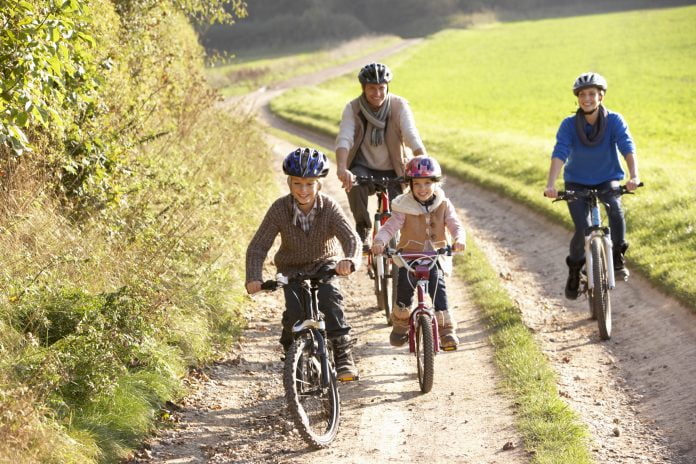A University of Adelaide review of 186 studies from around the world has found “green time” is far better for children and adolescents’ mental health and academic achievement than screen time.
Screen time is generally associated with poor psychological outcomes for children and adolescents, including increased levels of mental illness, poorer cognitive functioning and poorer academic achievement.
Conversely, green time – time spent in the natural environment – was generally associated with favourable psychological outcomes including lower levels of mental illness, superior cognitive functioning, and higher academic achievement.
Researcher Tassia Oswald, who conducted the study – published recently in PLOS ONE – as part of her PhD research, says further work using high quality research designs would be able to dissect the mechanisms involved in these outcomes.
She said young people from low socioeconomic backgrounds are underrepresented in literature, which is problematic given some findings suggest they may be disproportionately affected.
“The psychological consequences of excessive screen time appears to possibly be worse for these children, while psychological benefits of green time appears to possibly be greater for these children,” says Ms Oswald.
“Little research considered the reciprocal effects of high levels of screen time and low levels of green time, so it’s hard to know whether high screen time alone, low green time alone, or the combination of both high screen time and low green time is responsible for poorer child and adolescent mental health.
“More research in this direction would help us to work out whether we should focus our efforts on reducing young peoples’ screen time or whether simply increasing their green time alongside their screen time would be beneficial for their psychological well-being.”
She highlights that experiences of mental illness in childhood or adolescence have implications for an individual’s lifelong mental health trajectory,’’ she says.
“So prevention is key and identifying exposures which harm or help mental health is especially important for young people.”









